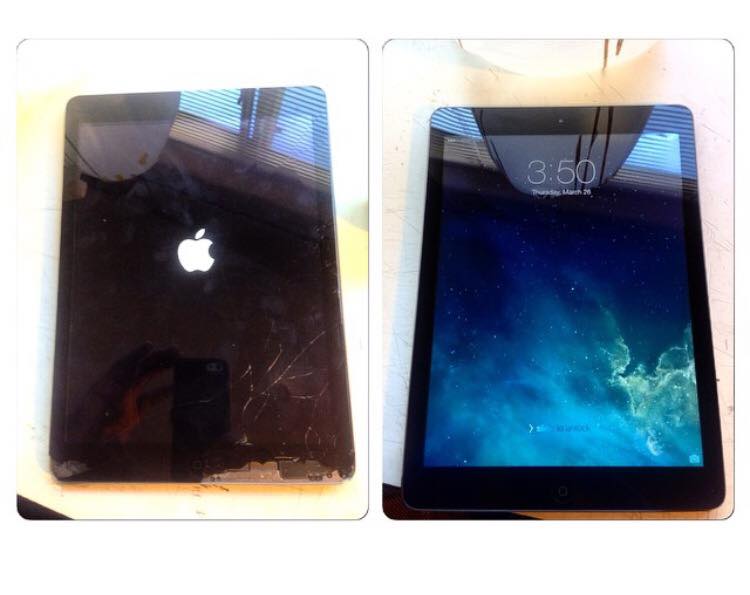Among many other devices, including phones, laptops, tablets, and other electronics, data security is top of the priority list for owners. The damage to a physical device is always an issue; however, whereas these may only pose operational concerns and a replacement need, such as a screen, data security breaches can mean identity theft risks or, at the very least, long-term security concerns.
Locking, Biometrics, and Two-Factor Identification
Keeping your
mobile phone locked whenever you're not using it is perhaps the simplest way to secure data on it, particularly in public settings. Depending on the phone model you own, modern technology allows you to lock the screen using one or more of the following:
There are two ways today; one uses a passcode, which can include four or six numbers. Be sure to choose a passcode that is not the same as others you use regularly if this is the only option your phone offers or the only one you choose.
Others offer the option of drawing some sort of pattern that opens the phone, which is usually a more secure option than a single passcode.
Recently developed biometrics technology, such as fingerprints and facial recognition, has improved phone security. Added layers of devices to passcodes and patterns will enable you to achieve even greater security.
Two-factor authentication: Being able to log in with more than one factor is a great method of ensuring that hackers cannot access information stored on your cloud account.
Secure Passwords
The lock screen isn't the only place in your phone where you can set up password access. Some of them may also be stored in the phone's various browsers or inside the apps.
Regardless of the purpose, ensure that each part of our site has a unique and different password. Your phone's password-protected apps should all have different passwords, as the same password can be used to unlock all of your apps. Private consumers and professional users of their devices can both take advantage of this area.
Secure Connections and Encryption
You should be aware of how your phone connects to the public internet when you're in any public space. WiFi in public places, in particular, should be treated with caution - is the LAN secure and private? If you cannot connect to it, you should not connect. You should use a VPN (a virtual private network) to ensure your privacy. Hackers and scammers use Wi-Fi connections that are not secured to compromise your devices.
The data on your smartphone might also be encrypted if data security is a concern. The encryption settings on most modern smartphones are found in the security menu - for instance, in the "Touch ID & Passcode" section of the settings menu of an iPhone. You'll need to make sure that your device is at least 80% charged and unrooted in order to encrypt it for many Android models. However, once you've done this, you'll be able to encrypt all your phone's data so it cannot be unlocked if stolen or lost.
Updated OS
The priority to update your operating system is always secure, even though updating your phone's operating system has several goals. Frequently we click-through or ignore phone updates, but if the security of your phone is a top priority for you, you shouldn't do this.
Rather, you should be updating to the newest OS whenever given the opportunity. Many such updates are created directly to address threats to Apple or Android devices that have only recently been discovered – and sadly, such new threats are found regularly as hackers invent new ways to try and invade phones.
To find out if your OS has been updated, go to your general settings or "about phone" setting and check the section that lists system and software updates. Many modern models, including many smartphone models, notify you when an update is needed - some even force you to install it after a certain period of time.
App Downloads
Last but not least, when you download any new app for your phone, you should take some care. The official app store on your phone should only be used to download apps - other sources may pose several risks.
You should also check out app reviews and use rates, and do your research before buying apps. In the app world, scammers often try to imitate popular versions, with matching logos and features - but this can be seen by reviewing areas like reviews and last updates, as well as finding the contact information of the organization. Be sure you don’t fall victim to an app scam by being diligent here.


























